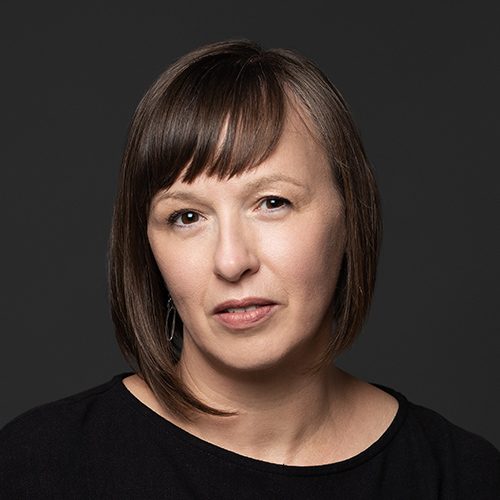The International Network for Critical Gerontology brought together international and interdisciplinary scholars and graduate students interested in critical approaches to the study of aging and late life. Run by Dr. Grenier at the University of Toronto in Canada, this virtual network linked scholars from the humanities and social sciences. It provided a forum to consider contemporary issues in social/cultural gerontology, reflect on theoretical and conceptual questions in the field, and discuss new insights and developments.
** Network blog ran from 2012-2022****


